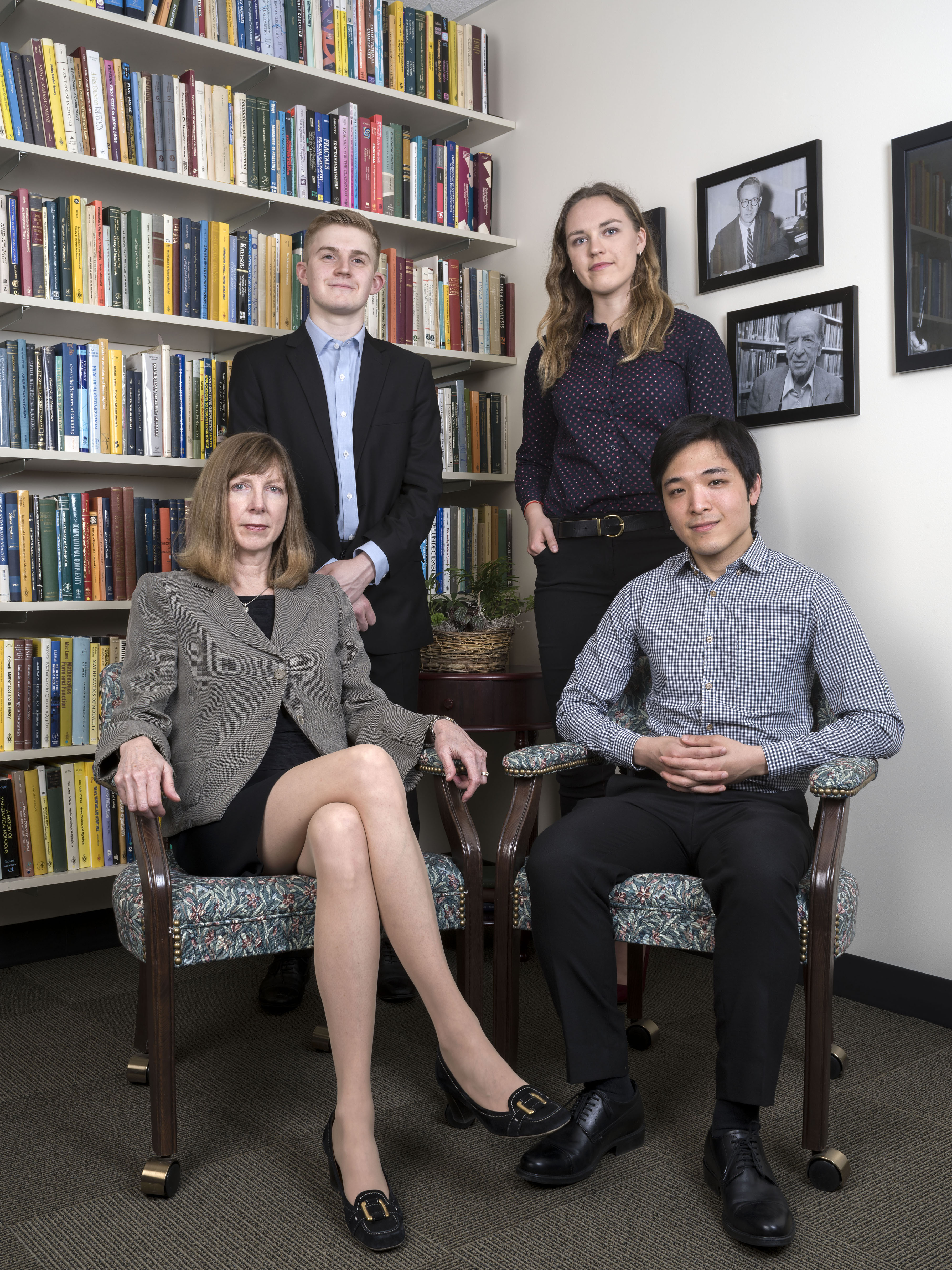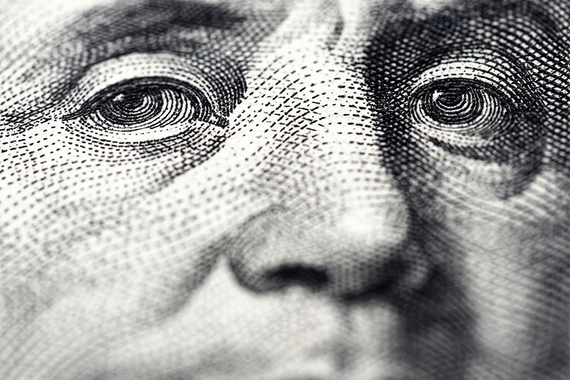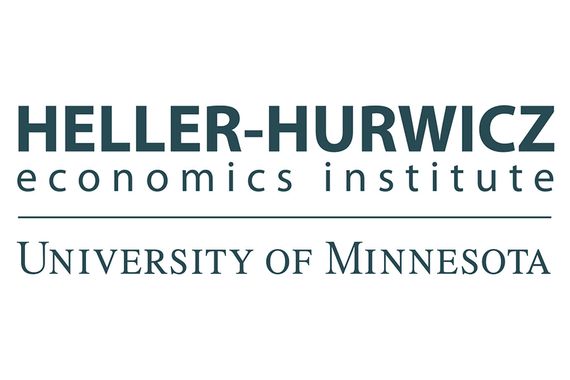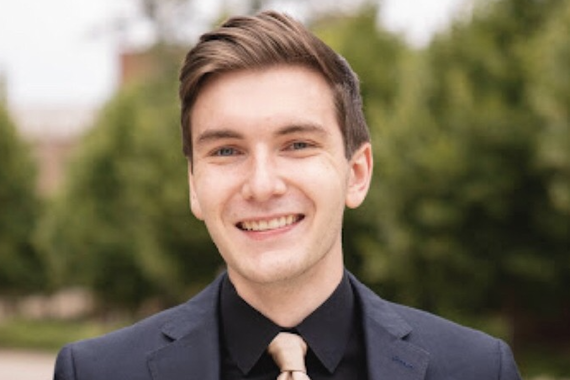On Purpose: Portrait of Heller-Hurwicz Economics Institute

The University of Minnesota Department of Economics has historically been one of the top in the world, producing nine Nobel Prize-winning faculty and alumni along the way. Launched in 2010, the Heller-Hurwicz Economics Institute was founded as a renewed commitment to supporting synergy in economic research, policy influence, and the communication channels required to solve real-world challenges.
Personified by its namesakes, Heller-Hurwicz pairs the best in research with the best in policymaking. Nobel prize-winning Leo Hurwicz developed the theory of mechanism design, and influential policymaker Walter Heller was responsible for major federal policy initiatives while advising Presidents Kennedy and Johnson.
We focus on areas where there is potential to break new ground in research, discover frontier tools of economic theory, and address global challenges today and in the future. Take, for example, the US public pension system: due to decades of piecemeal policymaking, the U.S. has a minimum of $1.2 trillion in unfunded state and local pension liabilities.
In response, we’re developing a comprehensive, research-based approach to map a transition path to a public pension system built on solid financial ground. Faculty, senior fellows, graduate students, and undergraduate students are working together to develop a framework and tools with the potential to address a wide variety of public finance questions and contribute to better pension design in all sectors.
By supporting research and outreach on public policy questions like financial regulation, climate change, international trade, health care, and more, we are building a bridge between world-class economists and policymakers to promote the public good.


